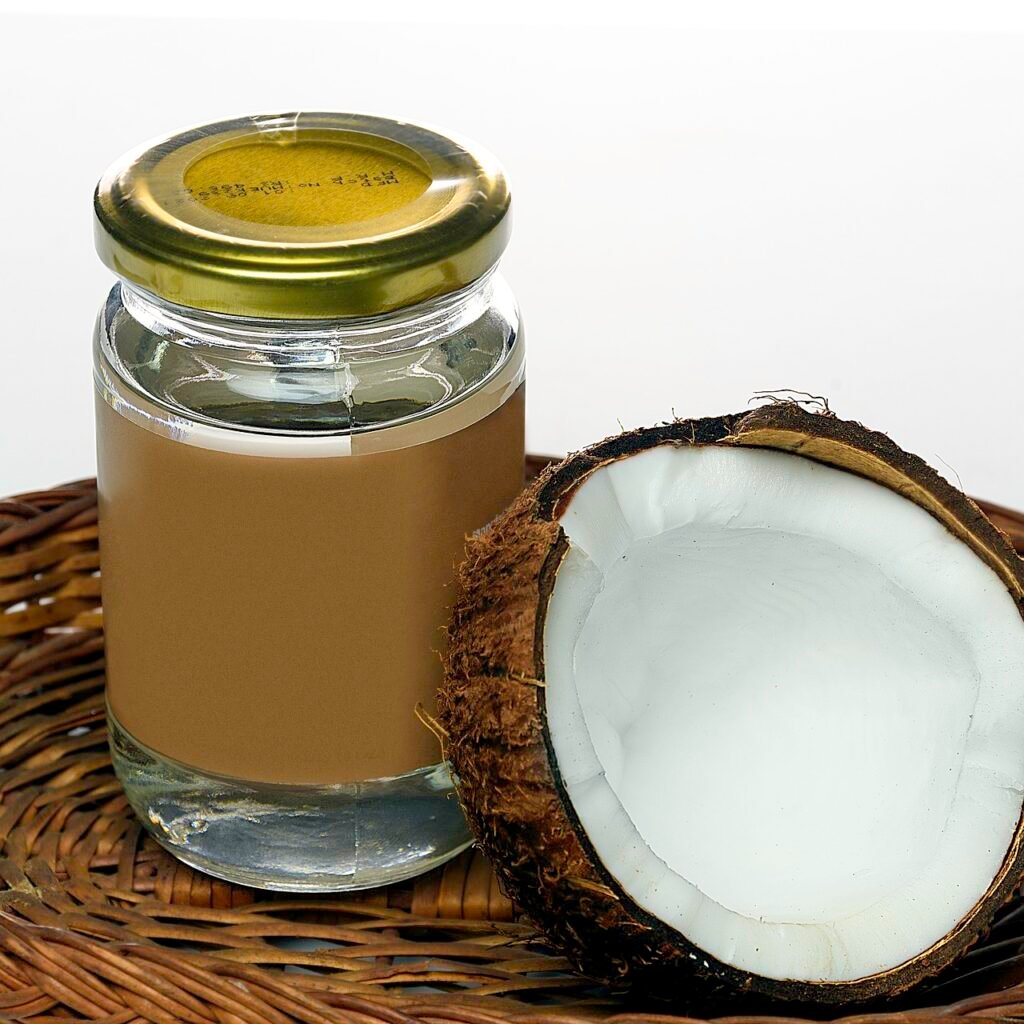When it comes to men’s health, testosterone plays a critical role in maintaining vitality, energy, and overall well-being. Often dubbed the “male hormone,” testosterone is a key player in driving libido and supporting sexual performance. However, many men experience a decline in their testosterone levels as they age, leading to decreased libido and challenges with sexual performance. Understanding this connection is essential for finding effective solutions to restore sexual health and improve quality of life.
What is Testosterone?
Testosterone is a hormone primarily produced in the testes, although a small amount is produced by the adrenal glands. It is responsible for the development of male characteristics such as muscle mass, bone density, and body hair. More importantly, testosterone is vital for maintaining a healthy libido and ensuring optimal sexual performance.
The Connection Between Testosterone and Libido
Libido, or sex drive, is deeply linked to testosterone levels. When testosterone levels drop, so does the desire for sexual activity. This can happen naturally with age, but other factors like stress, poor diet, and certain medical conditions can also contribute to decreased testosterone levels. A lack of interest in sex can strain relationships and negatively impact a man’s self-esteem.
Men with low testosterone often report symptoms like fatigue, mood swings, and difficulty concentrating, all of which can further dampen sexual desire. Studies have shown that men with higher testosterone levels tend to have a more robust sex drive, whereas those with lower levels may experience a significant decline in libido.
Testosterone’s Role in Sexual Performance
Beyond libido, testosterone is also crucial for sexual performance. Adequate levels of testosterone help maintain the physical and mental aspects of sexual activity. Testosterone supports the production of nitric oxide, which is essential for achieving and maintaining an erection. Without enough testosterone, men may struggle with erectile dysfunction, making sexual activity difficult or unsatisfying.
Additionally, testosterone influences stamina, energy levels, and overall mood—all of which are key factors in sexual performance. A drop in testosterone can lead to reduced stamina, making it harder to sustain sexual activity, or it can cause performance anxiety due to decreased confidence.
Identifying Low Testosterone
Low testosterone, or hypogonadism, is more common than many men realize. Symptoms to watch for include:
- Decreased libido or interest in sex
- Erectile dysfunction or difficulty achieving an erection
- Fatigue and low energy levels
- Loss of muscle mass and increased body fat
- Mood swings, irritability, and depression
If these symptoms are present, it’s important to consult with a healthcare provider. A simple blood test can determine testosterone levels and help identify if low testosterone is contributing to sexual health issues.
Solutions for Low Testosterone
If low testosterone is affecting your libido and sexual performance, there are several options to consider:
- Testosterone Replacement Therapy (TRT): This is a common treatment that involves restoring testosterone levels through gels, patches, injections, or implants.
- Lifestyle Changes: Regular exercise, a balanced diet, and adequate sleep can naturally boost testosterone levels. Reducing stress and avoiding excessive alcohol and tobacco use can also help.
- Supplements: Certain supplements can support testosterone production and improve libido. Look for ingredients like D-aspartic acid, fenugreek, and zinc, which have been shown to positively affect testosterone levels.
- Natural Remedies: Herbal remedies such as , tongkat ali, ashwagandha and maca root are traditionally used to enhance libido and energy.
Conclusion
The relationship between testosterone levels, libido, and sexual performance is undeniable. Understanding this connection is the first step towards taking control of your sexual health. If you’re experiencing a decline in libido or struggling with sexual performance, consider exploring testosterone levels as a possible factor. Whether through medical treatment, lifestyle changes, or natural remedies, restoring healthy testosterone levels can lead to a more fulfilling and confident sexual life.
Disclaimer: The information provided on this blog is for general informational purposes only and is not intended as medical advice. Always consult with a qualified healthcare professional before making any decisions regarding your health or starting any new treatments. The content here should not be used to diagnose, treat, or prevent any medical condition. Additionally, please note that this blog is reader-supported. If you click on an affiliate link or advertisement and make a purchase, we may receive a commission at no extra cost to you. This helps us maintain the site and continue providing valuable content.




